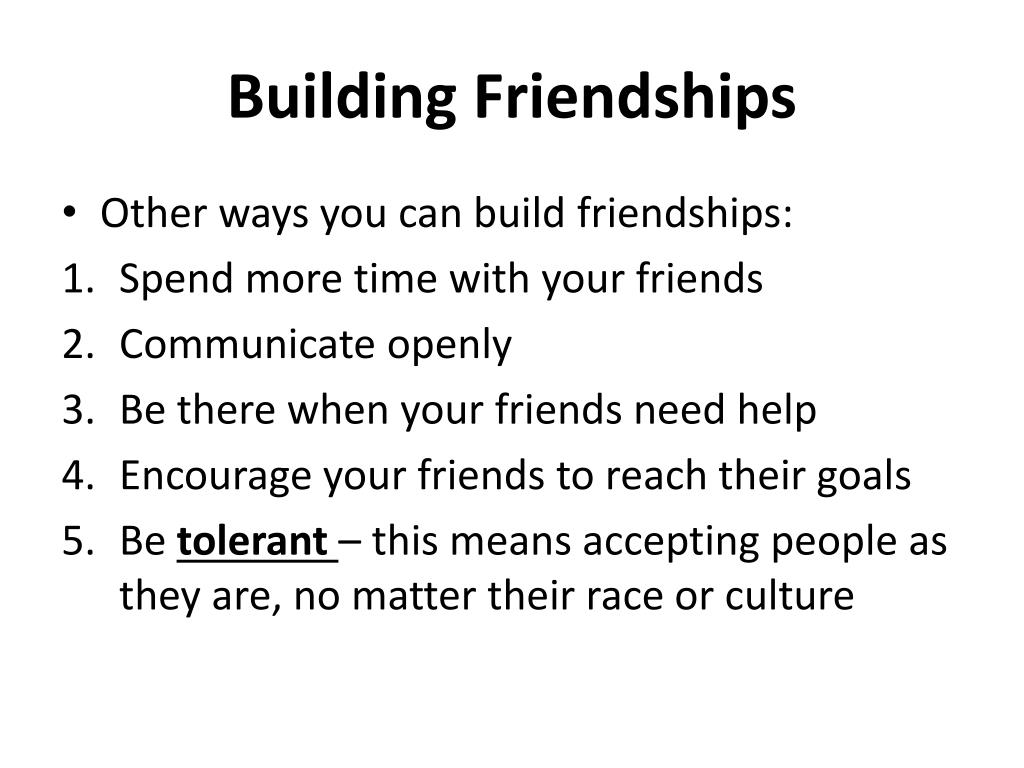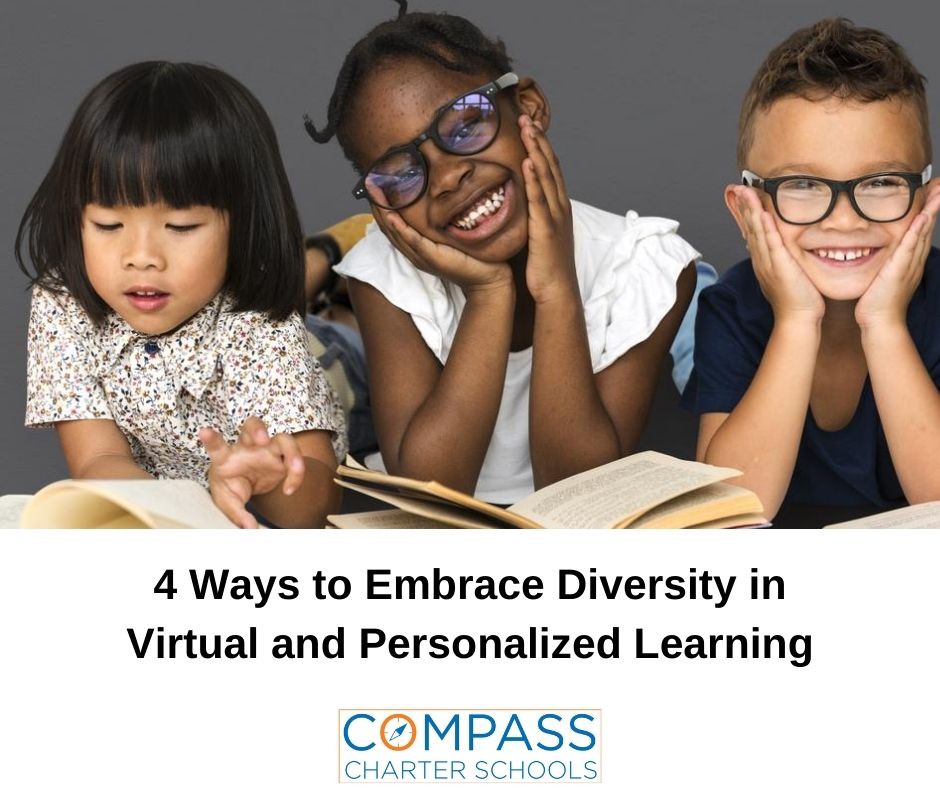The Art of Building Friendships: An Overview
Forming meaningful connections and expanding one’s social circle is a valuable pursuit that can significantly enhance an individual’s life. This comprehensive guide focuses on the process of making more friends, emphasizing the importance of authenticity, open-mindedness, and proactive engagement. By following the strategies outlined in this article, readers can develop a strong social network and enjoy the numerous benefits that come with it.
Building friendships is a skill that can be honed and improved over time. To make more friends, one must first understand the significance of genuine connections. Authenticity is crucial in forming lasting bonds, as it allows individuals to be true to themselves and attract like-minded people. Open-mindedness, on the other hand, enables individuals to embrace diversity, learn from others, and expand their perspectives.
Proactivity is also essential in the process of making more friends. By actively seeking out opportunities to meet new people and engage in social activities, individuals can increase their chances of forming meaningful connections. This may involve stepping out of one’s comfort zone, trying new things, and being open to unexpected friendships.

Identifying Opportunities: Where to Meet New People
Establishing Common Ground: Starting Conversations that Matter
Once opportunities to meet new people have been identified, the next step in making more friends is to initiate and maintain engaging conversations. Building rapport through meaningful dialogue is essential for forming lasting connections. To do so, consider the following practical tips:
- Active listening: Pay attention to the speaker, show interest, and respond appropriately. This demonstrates respect and encourages open communication.
- Ask open-ended questions: Instead of asking questions that can be answered with a simple ‘yes’ or ‘no’, ask questions that prompt detailed responses. This helps to uncover shared interests and values.
- Share personal stories: Revealing aspects of one’s own life can help to build trust and foster a deeper connection. Be sure to share experiences that are relevant and appropriate for the context of the conversation.
By actively listening, asking open-ended questions, and sharing personal stories, individuals can establish common ground and create a foundation for lasting friendships. Remember, the goal is to build rapport and create a positive, memorable interaction.
Nurturing Relationships: Moving Beyond Small Talk
As conversations with new acquaintances deepen, it’s essential to move beyond small talk and cultivate meaningful connections. To do so, consider the following strategies:
- Find shared interests: Discovering common hobbies or passions can provide a solid foundation for a lasting friendship. Shared interests can lead to engaging discussions, shared experiences, and a sense of camaraderie.
- Express appreciation: Showing gratitude for the time and attention of new acquaintances can help to build trust and deepen connections. A simple thank-you or a note of appreciation can go a long way in fostering a positive relationship.
- Be supportive: Offering support and encouragement during challenging times can help to solidify a friendship. Being there for someone in need can demonstrate empathy, compassion, and a genuine interest in their well-being.
To strengthen bonds and create lasting memories, consider engaging in activities that align with shared interests. This could include attending concerts, participating in sports, or joining book clubs. By investing time and energy into these activities, individuals can deepen their connections and create a sense of belonging.

Maintaining Momentum: Overcoming Challenges and Staying Connected
Despite the best intentions, forming and maintaining friendships can be challenging. Here are some common obstacles and strategies for addressing them:
- Busy schedules: With the demands of work, family, and personal commitments, finding time for social connections can be difficult. To overcome this challenge, consider scheduling regular meetups or setting aside dedicated time for friends. This could include weekly coffee dates, monthly game nights, or annual vacations.
- Differing interests: As individuals grow and change, their interests may diverge. To maintain a connection, it’s essential to find common ground and explore new activities together. This could include trying out a new hobby, attending cultural events, or engaging in volunteer work.
- Communication issues: Effective communication is crucial in any relationship. To address communication challenges, consider setting clear expectations, practicing active listening, and expressing needs and feelings openly and honestly.
By proactively addressing these obstacles, individuals can maintain long-term connections and deepen their friendships. It’s essential to be patient, persistent, and understanding, as forming and maintaining friendships is an ongoing process that requires effort and commitment.
Building a Strong Social Network: Balancing Quantity and Quality
While having a large social network can be beneficial, it’s essential to focus on building meaningful connections. Here’s how to balance quantity and quality:
- Prioritize relationships: Identify the most important relationships in your life and prioritize spending time with those individuals. This can help build intimacy and strengthen connections.
- Diversify your social circle: Seek out opportunities to meet new people from different backgrounds and with diverse interests. This can help broaden your perspective, expand your knowledge, and provide a variety of social experiences.
- Set boundaries: While it’s essential to be open and welcoming, it’s also crucial to set boundaries and protect your time and energy. Be selective about who you let into your life and prioritize relationships that are positive, supportive, and fulfilling.
- Invest time and effort: Building meaningful connections takes time and effort. Be willing to invest in relationships by regularly communicating, engaging in shared activities, and expressing appreciation.
By balancing quantity and quality, individuals can build a strong social network that provides both emotional support and personal growth opportunities. Remember, it’s not about the number of friends you have, but the depth and richness of your connections.
Embracing Personal Growth: Learning from Social Experiences
Making more friends can have a significant impact on personal growth and development. Here’s how:
- Improved self-confidence: Building new relationships can help individuals feel more confident in their ability to connect with others and navigate social situations. This increased confidence can extend to other areas of life, such as work and personal relationships.
- Emotional intelligence: Engaging with a diverse group of people can help individuals develop their emotional intelligence by learning to understand and respond to the emotions of others. This skill is essential for building strong relationships and can also improve communication and collaboration in other areas of life.
- Resilience: Building and maintaining friendships can be challenging, and individuals who are successful in making more friends are often more resilient. They are better equipped to handle rejection, conflict, and other obstacles that may arise in relationships.
- Adaptability: Making more friends requires individuals to be open to new experiences and perspectives. This openness can lead to increased adaptability, which is a valuable skill in a rapidly changing world.
By embracing the learning opportunities that come with social experiences, individuals can not only improve their ability to make more friends but also enhance their personal growth and development. Remember, every social interaction is an opportunity to learn and grow.

Cultivating a Growth Mindset: Embracing Change and Adaptation
A growth mindset can significantly impact one’s ability to make more friends and maintain long-term relationships. Here’s how:
- Openness to new experiences: Individuals with a growth mindset are more likely to be open to new experiences and perspectives. This openness can lead to meeting new people and forming new friendships.
- Willingness to learn: Making more friends requires learning new skills, such as active listening and effective communication. A growth mindset enables individuals to embrace learning and view challenges as opportunities for growth.
- Resilience: Forming and maintaining friendships can be challenging, and setbacks are inevitable. A growth mindset helps individuals view setbacks as temporary and overcome obstacles to maintain long-term connections.
- Personal development: A growth mindset is characterized by a commitment to personal development. By continuously striving to improve and grow, individuals can enhance their ability to make and maintain friendships.
To cultivate a growth mindset, individuals can practice the following:
- Embrace challenges: Seek out new experiences and challenges that push you out of your comfort zone. This can help you develop new skills and meet new people.
- Learn from mistakes: Instead of viewing mistakes as failures, see them as opportunities for growth. Reflect on what you could have done differently and use that knowledge to improve in the future.
- Be open to feedback: Seek out feedback from others and use it to improve. This can help you identify areas for growth and develop new skills.
- Celebrate progress: Recognize and celebrate your progress, no matter how small. This can help you stay motivated and committed to personal development.
By cultivating a growth mindset, individuals can enhance their ability to make more friends and maintain long-term relationships. Embrace change and adaptation, and remember that personal growth is a lifelong journey.

